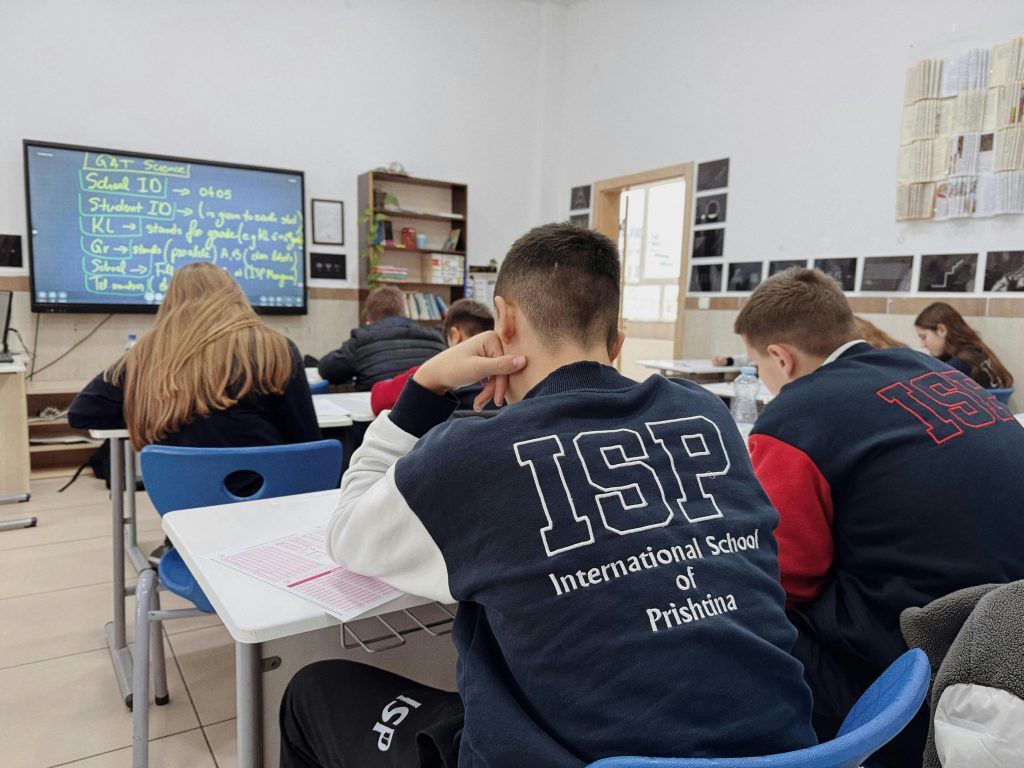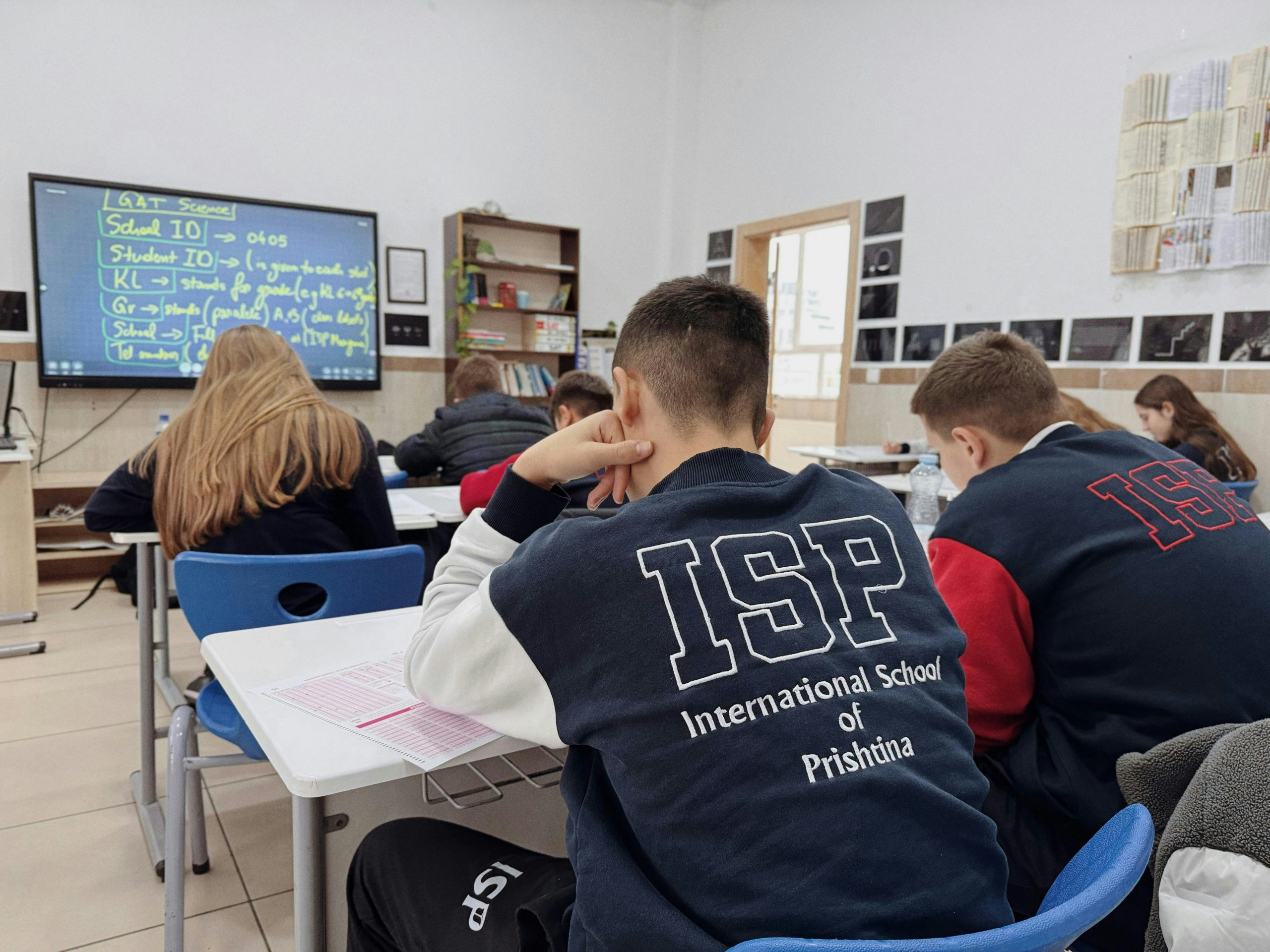Each academic year brings hundreds of international educators to Spain’s capital as English teaching assistants Madrid, eager to teach English while experiencing authentic Spanish culture. This popular program serves as a primary entry point for global citizens seeking Spanish residency, but daily reality extends far beyond classroom responsibilities and lesson planning.

Teaching Responsibilities and Daily Routines
Working as English teaching assistants Madrid typically involves 12-16 weekly teaching hours in Spanish schools. While educational work proves rewarding, the schedule allows substantial time for Madrid exploration. Classrooms serve as starting points, with daily routines expanding to include neighborhood cafés, metro commutes, and local plaza socialization.
Cultural Immersion Beyond Classroom Walls
The experience represents deep cultural immersion rather than superficial observation. Simple activities like break-time conversations with colleagues or assisting students with cultural event preparation foster genuine community integration. For numerous English teaching assistants Madrid, educational settings become gateways to comprehensive cultural journeys throughout Spanish society.

Navigating Practical Challenges Successfully
Despite the program’s exciting nature, participants encounter significant challenges. Administrative paperwork presents particular difficulties—visa applications, rental contracts, and health insurance requirements create steep bureaucratic learning curves. These tasks often feel overwhelming during initial settlement weeks for English teaching assistants Madrid.
Financial Management and Cultural Adaptation
Financial planning represents another substantial consideration. While stipends help cover expenses, they sometimes prove insufficient for Madrid’s cost of living. Balancing rental payments, transportation costs, and daily expenditures demands strategic budgeting. Many educators seek supplementary tutoring or side projects to enhance their financial stability.
Cultural adjustment remains an inevitable reality. International living requires adaptation to different customs and social expectations—later schedules, extended meals, and slower administrative processes test patience and resilience for newcomers adjusting to Spanish rhythms.

Building Meaningful Madrid Connections
Despite these challenges, the program offers extraordinary connection-building opportunities. Many participants develop lifelong friendships with fellow educators, neighbors, or language-class companions. Madrid’s socially oriented culture welcomes engaged English teaching assistants Madrid into family celebrations, local festivals, and weekend excursions.
Social networks extend to program participants themselves, with collaborative groups sharing housing advice, administrative guidance, and culinary recommendations. These support systems significantly reduce initial loneliness that sometimes accompanies international relocation. For community building strategies, explore our Madrid social integration guide.
Essential Strategies for Madrid Success
Early administrative organization prevents last-minute stress, while realistic budgeting accommodates higher initial costs. Active cultural participation—attending local festivals, exploring different neighborhoods, and joining community activities—accelerates adaptation. Basic Spanish language acquisition simplifies daily navigation, and building diverse networks with locals and fellow educators provides crucial support systems.

Comprehensive Relocation Support Systems
EduMobility has guided numerous English teaching assistants Madrid through successful transitions. From securing appropriate housing to navigating visa requirements and administrative processes, we ensure you never face relocation challenges alone. Beyond logistical support, our services facilitate cultural integration from arrival, allowing focus on meaningful connections, professional satisfaction, and comprehensive Madrid exploration.
This teaching program in Spain’s capital represents far more than educational employment—it embodies cultural exchange, resilience development, and international life creation. While challenges exist authentically, the personal and professional rewards prove equally genuine. With proper preparation, supportive resources, and open-minded approaches, participants don’t merely teach English—they experience Madrid from internal perspectives with enriched understanding and lasting memories.





